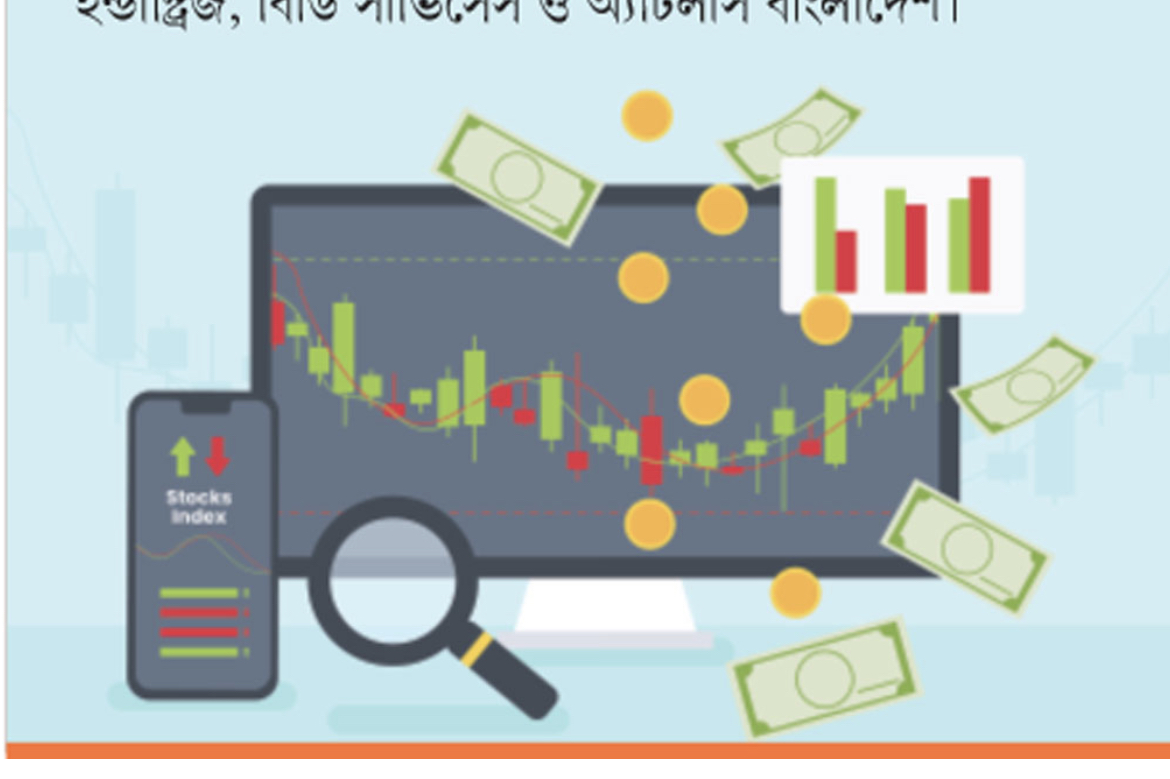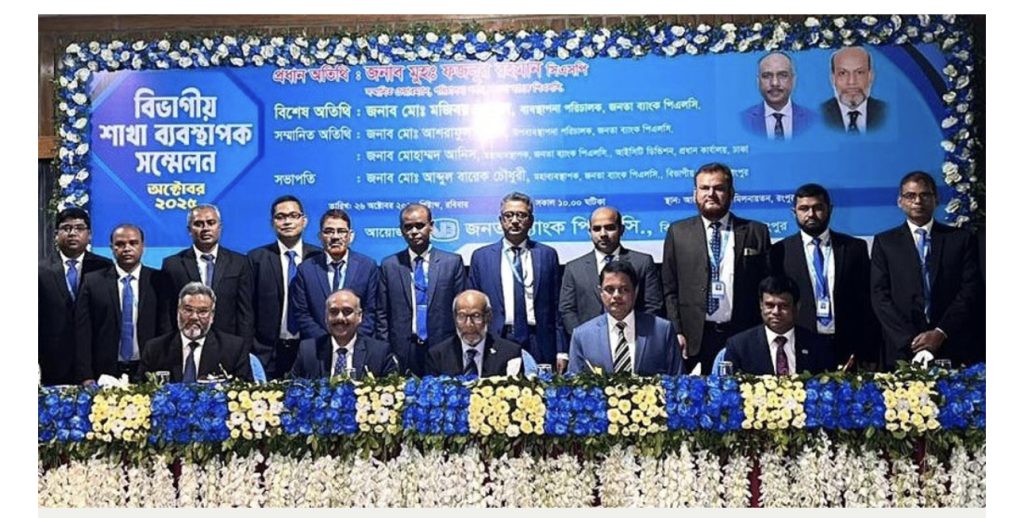Imagine a stock market where some companies haven’t made a profit for over a decade, owe billions, and don’t even bother to hold a simple meeting. That’s the alarming reality facing the Dhaka Stock Exchange (DSE).
The exchange is currently home to 46 corporate “zombies”—companies that have been running on empty for years. These aren’t just underperforming; they are financially defunct, yet their shares are still actively traded, sometimes even skyrocketing for no logical reason.
The Scale of the Financial Rot
The numbers tell a grim story:
• Decade-Long Losers: 13 companies have been losing money for ten years or more.
• Five-Year Failures: Another 33 companies have been in continuous loss for at least five years.
• Massive Debt: 27 of these firms alone have racked up nearly BDT 27,000 crore (Taka 270 billion) in accumulated losses.
Due to their chronic financial woes, failure to pay dividends, and neglected Annual General Meetings (AGMs), these firms are all dumped into the highly risky ‘Z’ Category—the market’s official “junk” status.
The Danger to Everyday Investors
These “toxic stocks,” as one expert calls them, are a trap for unsuspecting investors.
While the rules say investors should be wary of ‘Z’ category shares, that warning is often ignored. This is dangerous because many of these companies have more liabilities than assets, meaning they are likely to fail completely.
As market experts point out, this situation is not fair to the public: “Keeping companies that have no future… is unjust.”
Why Don’t They Just Delist Them?
The obvious solution is to delist these failures—remove them from the main trading floor. Once delisted, trading is limited to a small, illiquid OTC (Over-the-Counter) market, forcing investors to face the true, limited value of their holdings.
The DSE does have clear rules for delisting:
• No AGM for three years.
• No dividends for five years.
• Production stopped for three years.
Despite these rules, the DSE is reluctant to use them.
The Main Obstacles:
1. Investor Harm: DSE Chairman Mominul Islam noted that delisting immediately harms ordinary investors who hold the shares.
2. Lack of Power: Crucially, he added that the DSE currently lacks the legal power to truly liquidate a company, which would be necessary to return at least some capital to shareholders. They are trying to get this power added to the law.
3. Passing the Buck: The regulatory body, BSEC, says the DSE, as the primary regulator, has the power to act and that the Commission will support it. The DSE Brokers Association president, Saiful Islam, argues that the regulators simply think their job is done once they label a company ‘Z’ category.
The Market’s Vicious Cycle
CFA Society Bangladesh President Asif Khan highlights the underlying issue: out of over 400 listed companies, very few are actually worth investing in. This scarcity of good options forces even large institutional investors (like mutual funds and insurance companies) to put their money into risky, speculative stocks, perpetuating the problem.
The consensus from analysts is clear: the DSE and BSEC need to “clean up the market” by removing these long-term loss-makers, either through compulsory delisting or, better yet, liquidation to protect the remaining value for investors.
Would you like me to focus on the impact of this situation on individual investors or the specific companies that are mentioned in the article?



